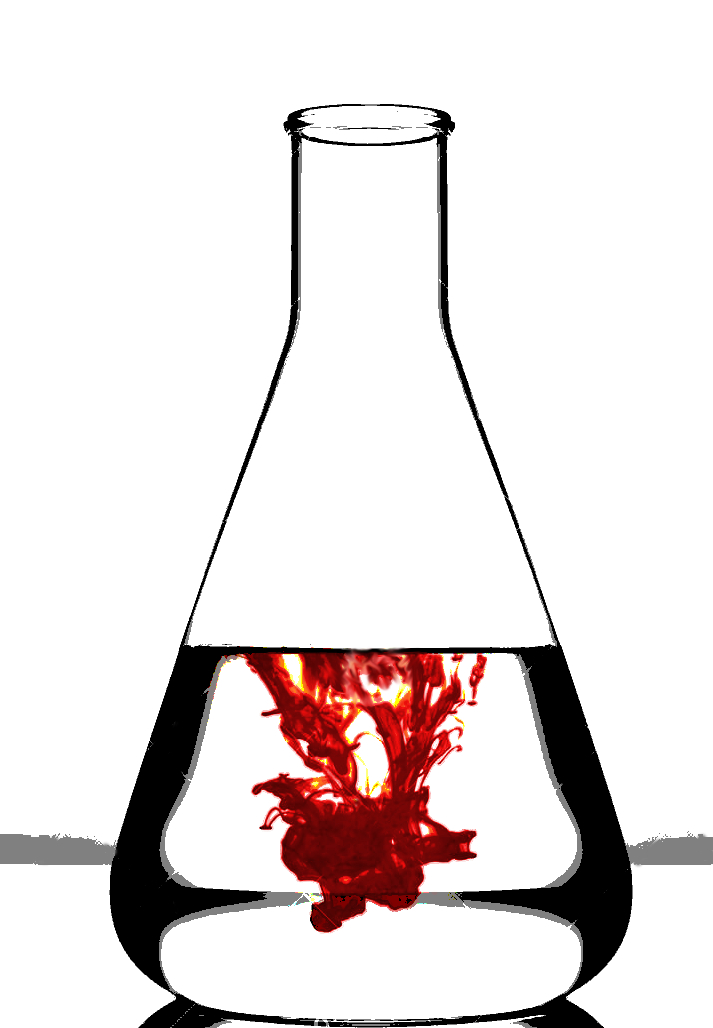New lab to boost discovery
 One of Australia’s leading health labs has expanded with a new facility to fast-track medicines to patients.
One of Australia’s leading health labs has expanded with a new facility to fast-track medicines to patients.
Health Minister Greg Hunt has launched the new National Drug Discovery Centre - a state-of-the-art facility using the latest advanced robotic, high-throughput screening technologies to speed up the delivery of medicines to Australian patients.
The $75 million-dollar centre will advance Australia’s drug discovery capabilities. It will start with the first two successful recipients of a federal government subsidy to support drug discovery for cancer immunotherapy and type 2 diabetes.
The subsidy will cover 90 per cent of the cost of using the NDDC, reducing the cost of a traditional screening campaign – normally upwards of $300,000 – to around $30,000-$45,000.
Associate Professor Anthony Don, from the University of Sydney and Centenary Institute, will lead a project to develop new drugs that reverse systemic insulin resistance that causes type 2 diabetes, without the side effect of additional weight gain associated with most existing drugs.
Professor Matthias Ernst from La Trobe University and the Olivia Newton-John Cancer Research Institute will receive a subsidy to identify new immunotherapy cancer treatments, uncovering ways of making cancer tumours less visible to the immune system and enhance the effect of anti-tumour immune therapies. The findings could lead to new anti-cancer drugs that could treat breast, bowel, pancreatic and other solid tumours.
Walter and Eliza Hall Institute director Professor Doug Hilton thanked the Australian and Victorian governments, and philanthropic donors, for their investment, and for recognising the importance of the NDDC to the Australian medical research sector.
“For many years the translation of world-class Australian research into new medicines has been hampered by a lack of capacity for drug development. This meant many promising research discoveries were either never pursued, or researchers were forced overseas to develop their research into new therapies,” Professor Hilton said.
“The Walter and Eliza Hall Institute is proud to have led the establishment of a centre that will fill a vital gap in Australia’s drug discovery pipeline. The centre will enable our colleagues from Australian research institutes, universities and small-to-medium enterprises to advance their research beyond the bench and provide them with world-class facilities and staff as they fast-track their drug discovery journeys.”








 Print
Print